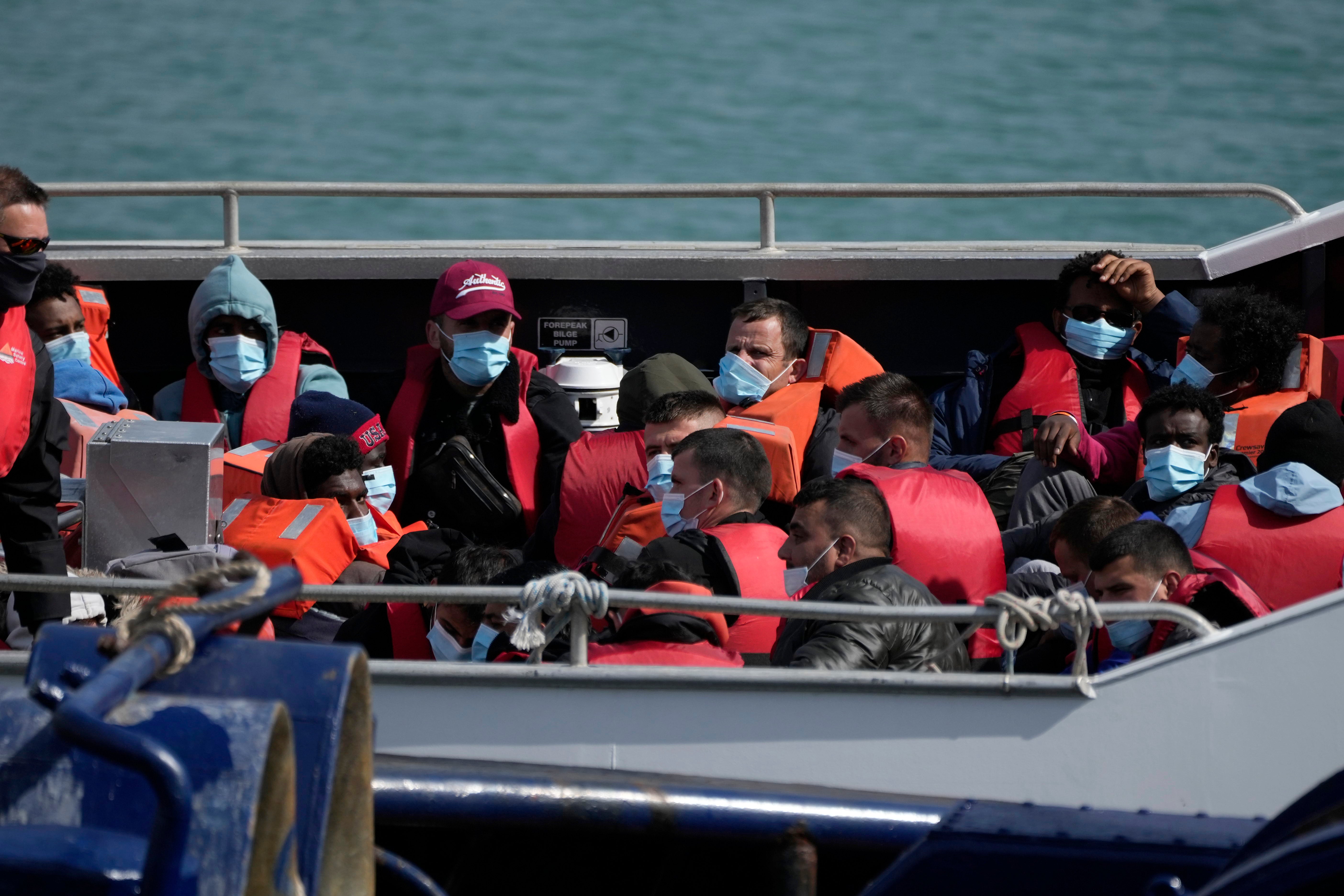Whether or not the Church should be represented in the British legislature, Justin Welby has a duty to express his view on questions of public policy from a moral standpoint. We should leave aside the question of whether it is right for him to have a vote on the making of laws by virtue of his Church office, and address the substance of what he said.
He is right to say that the government’s attempt to deport to Rwanda those arriving in Britain on small boats is “morally unacceptable and politically impractical”. He is right to say that the Illegal Migration Bill in its current form “undermines international cooperation”, and that the government should try harder to work with other countries on long-term solutions to the growing problem of global migration.
Nor is the Archbishop of Canterbury a naive liberal. He does not advocate open borders. He opened his speech in the House of Lords by saying, “We need a bill to stop the boats.” His argument, however, was that “this is not that bill”. He said: “Of course, we cannot take everyone, and nor should we.” He suggested that the 1951 Refugee Convention needs “updating” – a position that some advocates of migrants’ rights regard as a form of secular sacrilege.
He even adopted what many readers of The Independent might consider to be an unacceptably restrictive approach to safe legal routes to claiming asylum in the United Kingdom – namely that these must be opened up “as soon as illegal routes begin to be attacked”, rather than immediately.
Our main reservation is that, even though he had only six minutes to make his case, Mr Welby should have devoted more of his time to what the government’s policy should be instead. How does he think that these illegal routes should be “attacked”?
Instead of pointing towards that alternative, Mr Welby spoke grandly of “globally coordinated solutions”, which is all very well, but in the meantime, any UK government has to do something about the number of small boats still arriving on the Kent coast.
The Independent has argued consistently for closer cooperation with the French government, and indeed with the European Union as a whole. Rishi Sunak made a start on the first part of that in his recent agreement with Emmanuel Macron, which was a welcome step in the right direction after the anti-French rhetoric of his two predecessors as prime minister.
But we need to go further, and to back up international cooperation with a transformation of the processing of asylum claims. Above all, the Home Office needs to get a grip on returning people whose claims for asylum are rejected. This is where moral choices become difficult, and where the archbishop’s guidance might be particularly welcome.
So let us hear more from Mr Welby and his fellow prelates. Let us hear them join our plea to allow the Afghan pilot who fought alongside our troops, and who came to Britain in a small boat, to stay.
Although we agreed with the King when, as Prince Charles, his opposition to the Rwanda scheme became known, he should have kept his opinions to himself. It is essential to the working of the British constitution that the monarch – and the monarch-to-be – should stay out of political controversy.
But if the Church cannot pronounce on questions of morality, it might as well shut up shop. The bishops should be careful treading where princes cannot. They should avoid getting into a position of permanent opposition to the government of the day. However, for speaking out against the flushing of humanity from our asylum system, Mr Welby should be praised.




Join our commenting forum
Join thought-provoking conversations, follow other Independent readers and see their replies
Comments